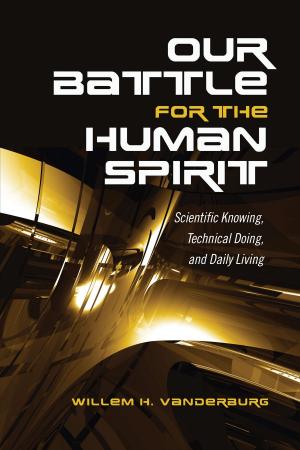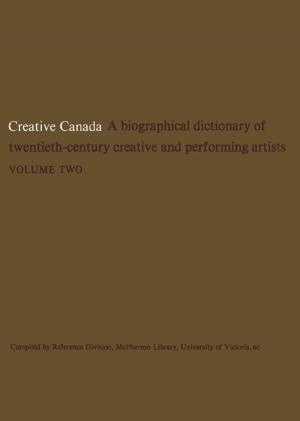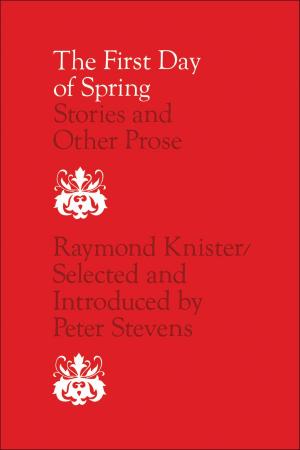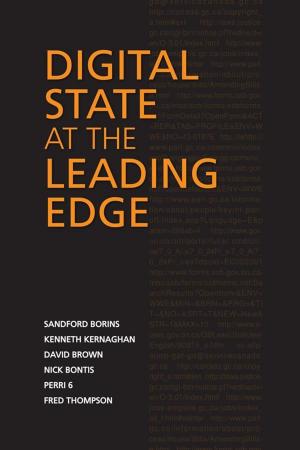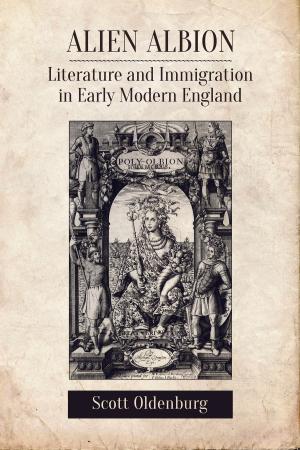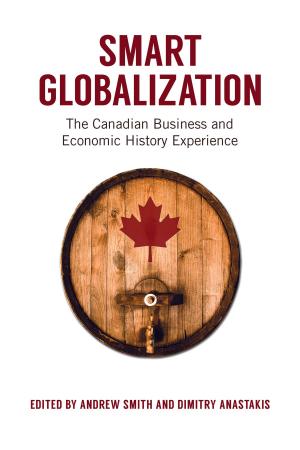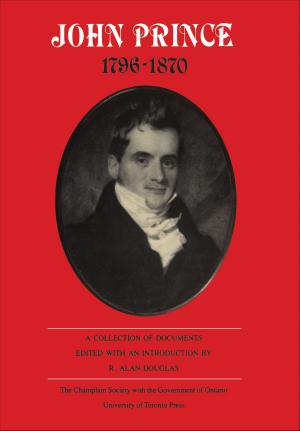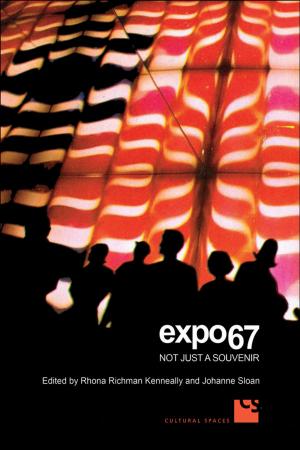| Author: | Darren Wershler | ISBN: | 9781442694064 |
| Publisher: | University of Toronto Press, Scholarly Publishing Division | Publication: | September 4, 2010 |
| Imprint: | Language: | English |
| Author: | Darren Wershler |
| ISBN: | 9781442694064 |
| Publisher: | University of Toronto Press, Scholarly Publishing Division |
| Publication: | September 4, 2010 |
| Imprint: | |
| Language: | English |
Guy Maddin is Canada's most iconoclastic filmmaker. Through his reinvention of half-forgotten film genres, his remobilization of abandoned techniques from the early history of cinema, and his unique editing style, Maddin has created a critically successful body of work that looks like nothing else in Canadian film. My Winnipeg (2008), which Roger Ebert called one of the ten best films of the first decade of the twenty-first century, has consolidated Maddin's international reputation.
In this sixth volume of the Canadian Cinema series, Darren Wershler argues that Maddin's use of techniques and media that fall outside of the normal repertoire of contemporary cinema require us to re-examine what we think we know about the documentary genre and even 'film' itself. Through an exploration of My Winnipeg's major thematic concerns - memory, the cultural archive, and how people and objects circulate through the space of the city - Wershler contends that the result is a film that is psychologically and affectively true without being historically accurate.
Guy Maddin is Canada's most iconoclastic filmmaker. Through his reinvention of half-forgotten film genres, his remobilization of abandoned techniques from the early history of cinema, and his unique editing style, Maddin has created a critically successful body of work that looks like nothing else in Canadian film. My Winnipeg (2008), which Roger Ebert called one of the ten best films of the first decade of the twenty-first century, has consolidated Maddin's international reputation.
In this sixth volume of the Canadian Cinema series, Darren Wershler argues that Maddin's use of techniques and media that fall outside of the normal repertoire of contemporary cinema require us to re-examine what we think we know about the documentary genre and even 'film' itself. Through an exploration of My Winnipeg's major thematic concerns - memory, the cultural archive, and how people and objects circulate through the space of the city - Wershler contends that the result is a film that is psychologically and affectively true without being historically accurate.

